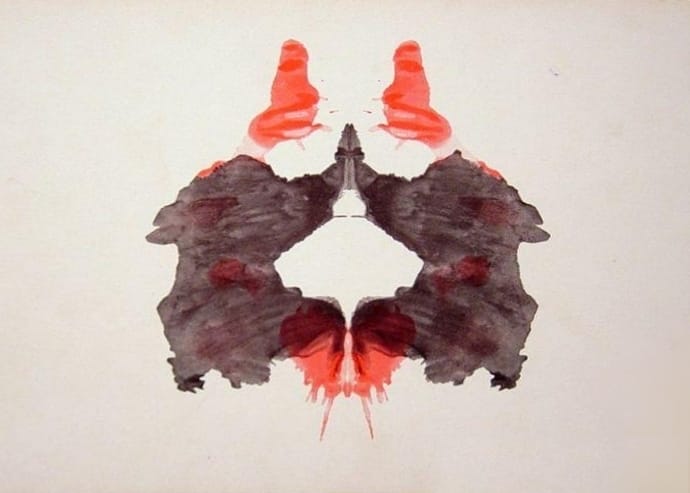Could RPGs be the new Rorschach test?

Video games and the future of psychological analysis:
Back in 2011, PhD student Giel van Lankveld noticed something interesting about Neverwinter Nights. If you compared the in-game experiences of characters with the personality test results of players, certain in-game actions lined up with prominent personality traits. These results were consistent among gamers and non-gamers alike, suggesting that video games could be just as effective at evaluating personality traits as any other formal quiz. Of course a single study couldn’t actually prove anything, so van Lankveld set about confirming his findings with more science and a new videogame. Now van Lankveld’s latest study is suggesting that the introduction to Fallout 3 could reveal a great deal about a player’s personality.
Participants who had never before played Fallout 3 were given a period of time to complete the chosen scenario. After the time was up, players completed the NEO-FFI personality test, which ranks individuals in terms of Openness, Conscientiousness, Extraversion, Agreeableness, and Neuroticism. “From our results,” the study reads, “we may conclude that personality effects on game behavior exist for all five traits of the Five Factor Model.”
This has potential for its insight into gamers and nongamers alike, but it could also change the way games are made:
Both the research world and the game industry are keen to get this technology into games, but the first step towards doing this is understanding what players are like. “Each player has a mental model of how the game works, but we can’t open up a player’s mind to look at it,” Giel told me as he explained how his research started. “We need to look at the player’s behavior and infer how accurate their model [of the game rules] is from this behavior.” So Giel began with a simple series of experiments investigating game difficulty. He wrote a program that watched participants play a simple game and then estimated how well the player understood the basic rules of the game and the strategies that arose as a result. Giel’s hypothesis was that players who had a better understanding of the game’s rules would be better at formulating strategies for defeating the enemies they faced. The data collected showed promise, but left Giel wanting more.



